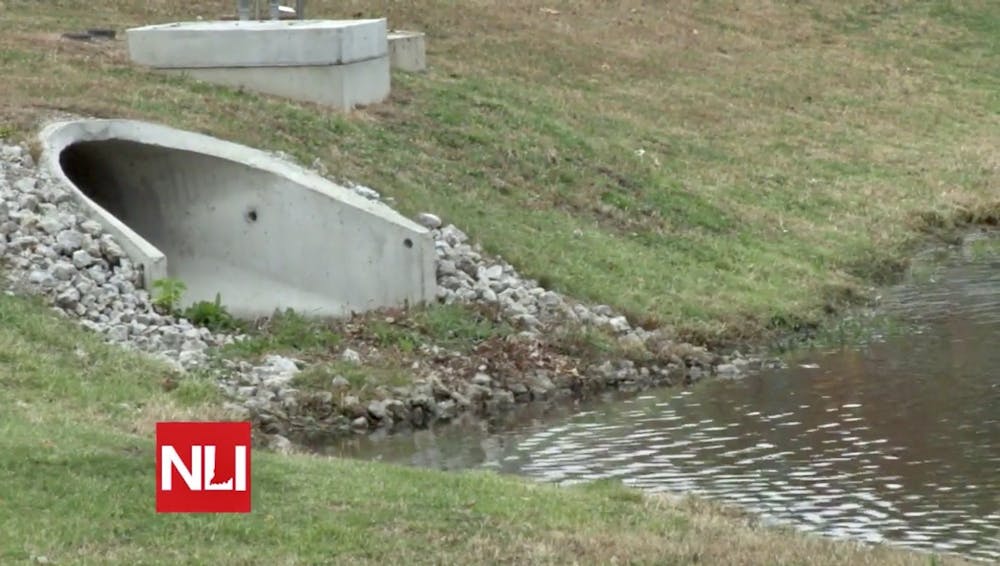MUNCIE, Ind. — Muncie sewers are undergoing a separation project that will take about 20 years to complete, according to Muncie Sanitary District’s website.
The sewers across Muncie are combined, meaning sanitary waste and stormwater come together in one pipe-line. It then goes to the wastewater treatment plant until there is no more room for the plant to handle.
“The upshot to that is that there are a few problems, including that it stinks like raw sewage all the time,” Community Advocate, Steve Robert said.
On rainy days, the combined sewers are more likely to overflow into the White River, causing contaminated water to enter the river. But, the new separation plan will help control the overflow into the river.
“The last board signed an agreement with IDEM to do a complete sewer separation,” Muncie Sanitary Board Director, Bill Smith said.
The plan is to separate the sewers to eliminate the overflow from contaminating the river. The cost of the plan started out to be $160 million dollars. But, inflation and unexpected work caused the cost to increase to $200 million dollars.
“So the local taxpayers or ratepayers will have to pay this, and if it is $199 million dollars, they have to pay it. The federal government doesn’t pay it and the state government doesn’t pay it,” Smith said.
Smith said, right now, roughly 15 to 20 customers’ water is turned off each week because they are unable to afford their sewage bill. And, if rates double or triple to cover the cost of the project, even more people may lose access to water.
“The solution is to redo our agreement with IDEM, not to do a complete source separation, but to get into what they call single digits a year where you have overflows,” Smith said.
There are currently 25 overflow points along the river, and according to Smith, the goal is to get below ten.
“We’re doing many things, we bought houses and built holding ponds,” Smith said.
Instead of the water overflowing into the river, it will go into the holding ponds, which will later go back through the system.





